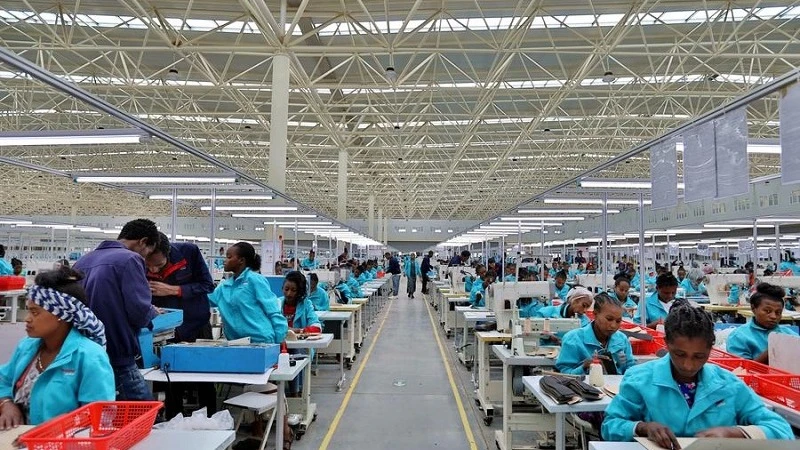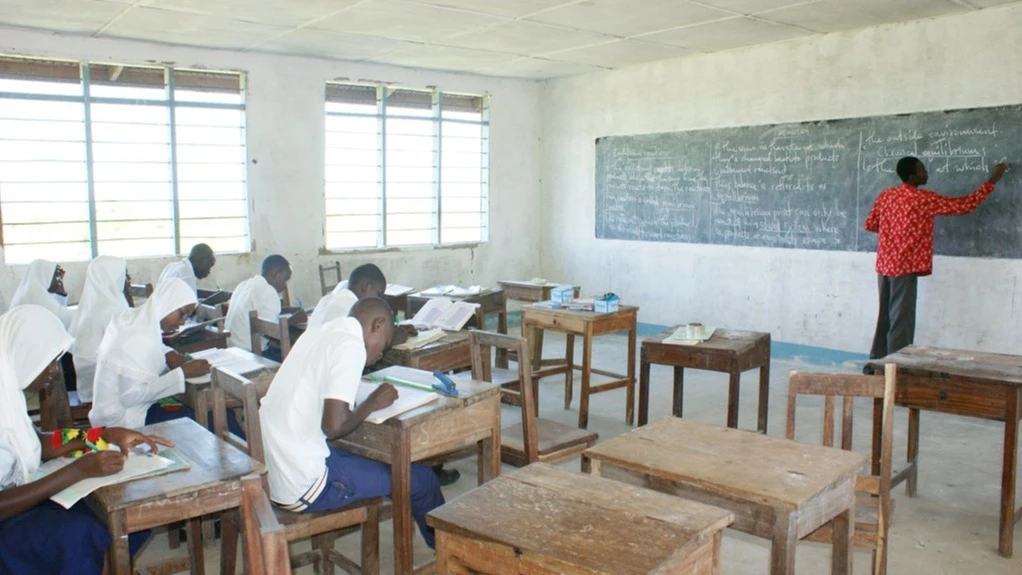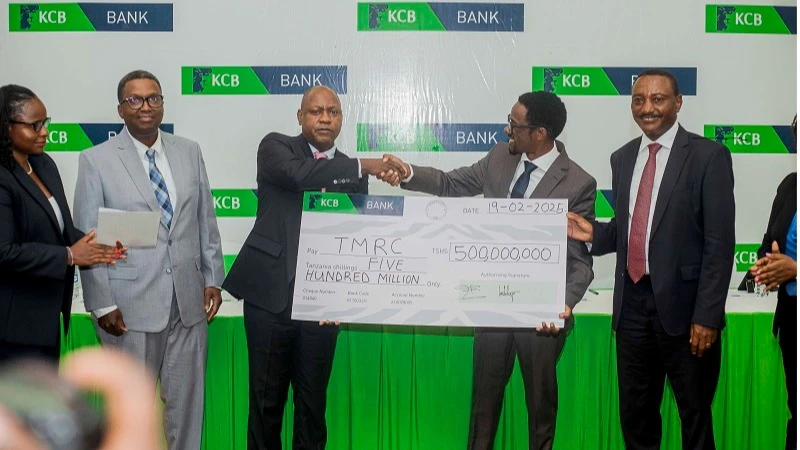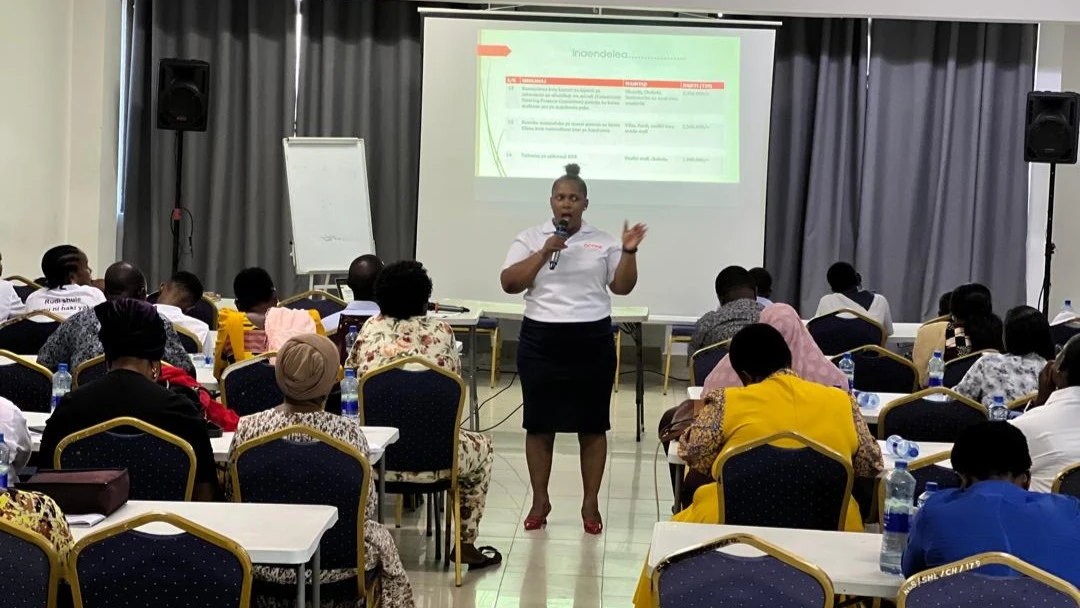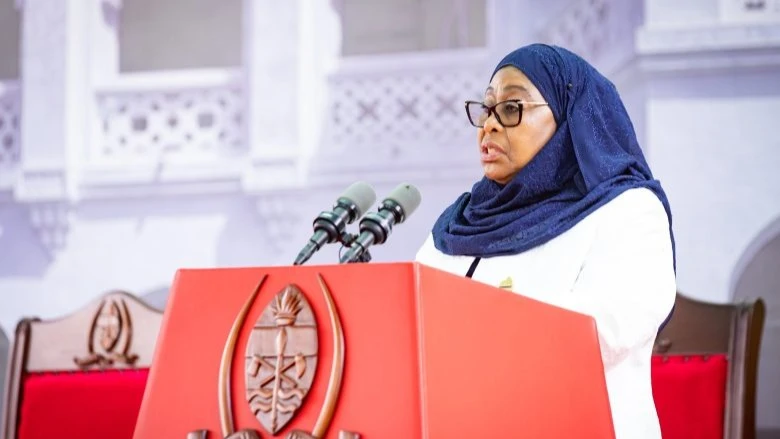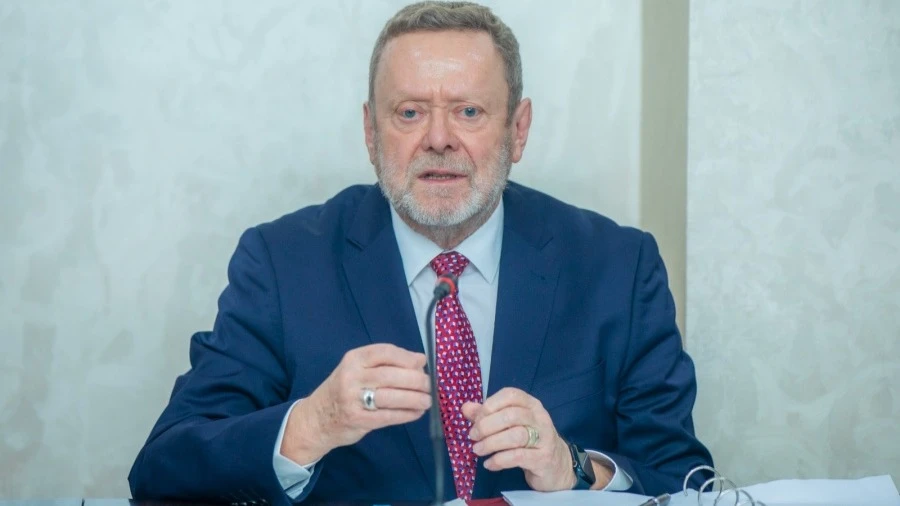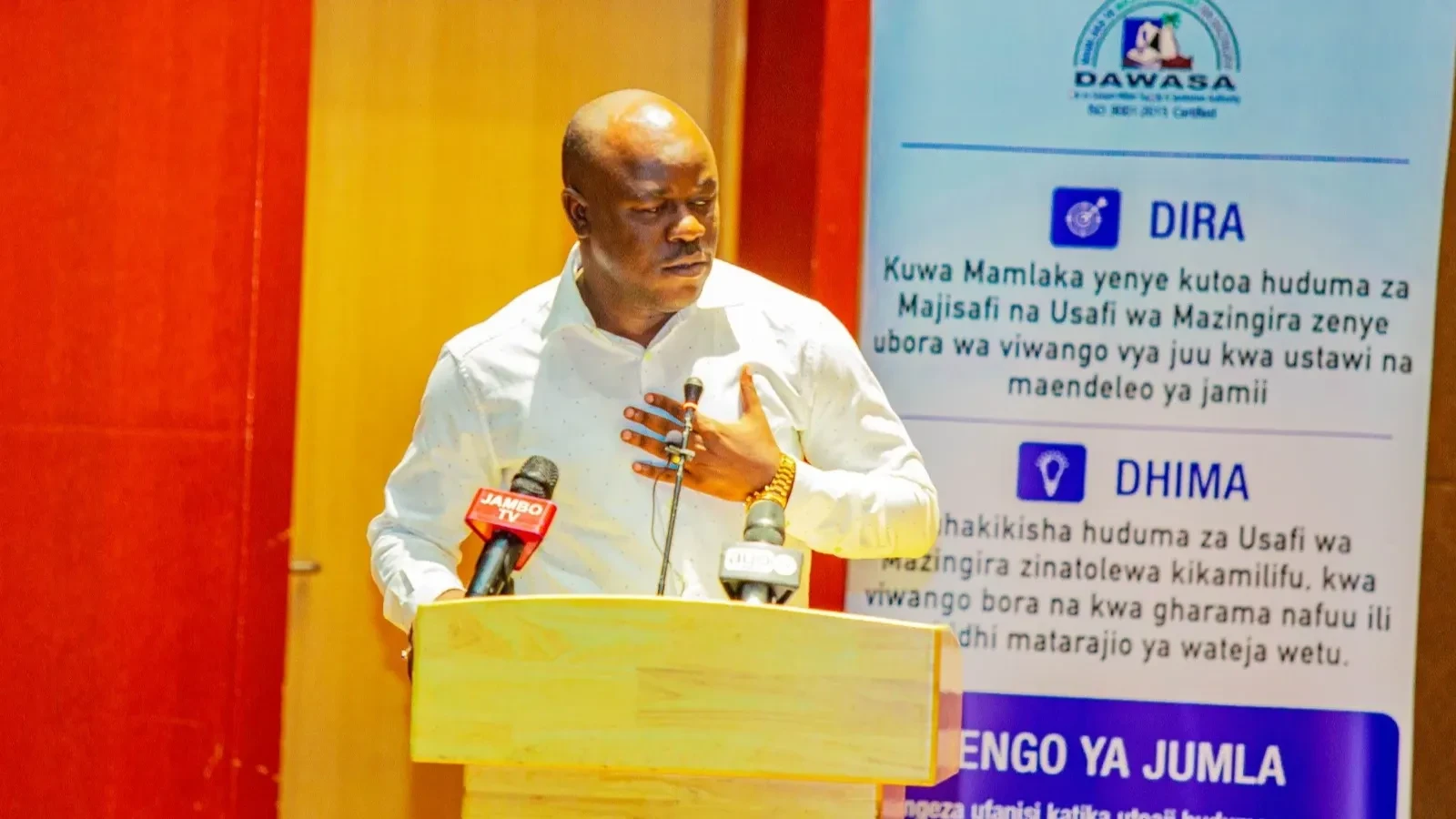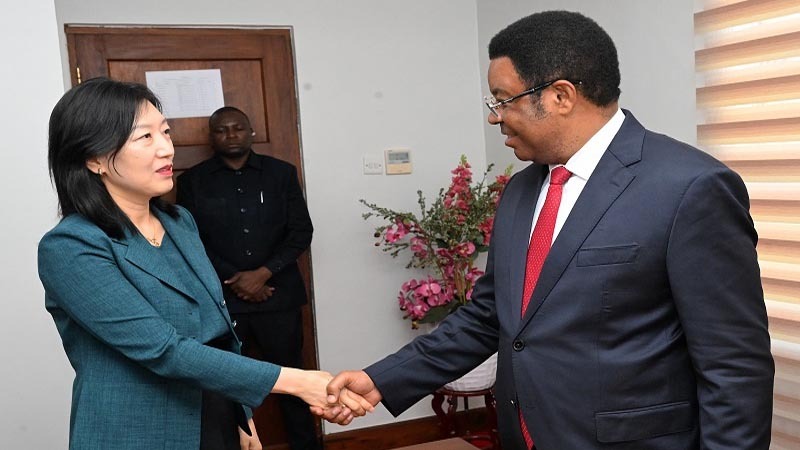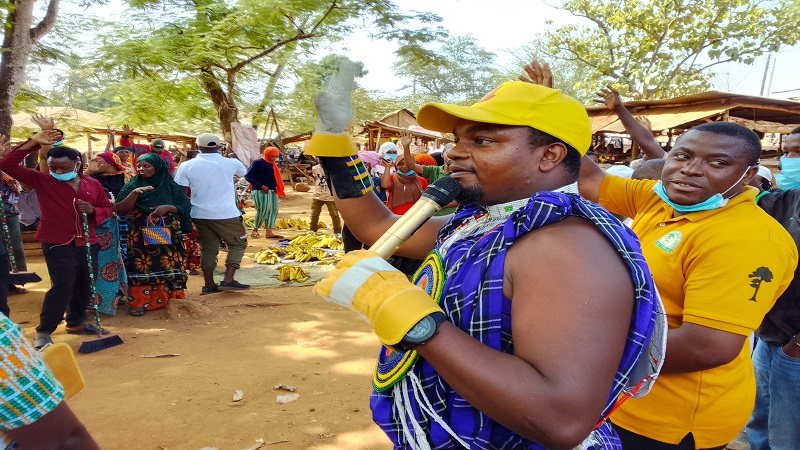West Africa power shift: Burkina Faso, Mali, and Niger form new alliance, disobeys traditional regional bodies
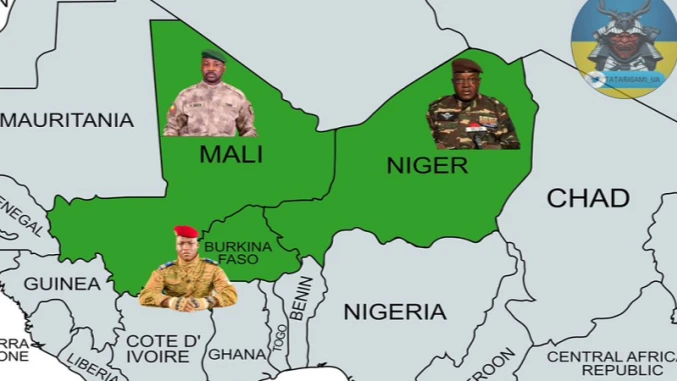
Burkina Faso, Mali, and Niger, three Francophone West African countries under military rule, have made a dramatic geopolitical shift by establishing the Alliance of Sahel States (AES), a new confederation. Formed from the remnants of their previous regional alliances, this coalition marks a significant departure from traditional regional and international frameworks.
The AES was conceived on September 16, 2023, and officially launched on July 6, 2024. This new confederation arose from a mutual defense pact among the three nations, each of which has seen its pro-Western governments overthrown by military coups.
Burkina Faso, Mali, and Niger have collectively exited both the African Union (AU) and the Economic Community of West African States (ECOWAS), highlighting their dissatisfaction with these bodies.
Historically, Mali withdrew from the G5 Sahel alliance in 2002, with Niger and Burkina Faso following suit in 2023. The dissolution of the G5 Sahel, once a key regional security framework, paved the way for the AES. The new alliance is notably anti-French and critical of ECOWAS, reflecting a broader sentiment of discontent with international influence and perceived ineffectiveness.
The AES was officially declared on July 6, 2024, in Niamey, Niger’s capital. The inauguration was attended by President Ibrahim Traoré of Burkina Faso, Transitional President Assimi Goita of Mali, and President Abdourahamane Tchiani of Niger. This declaration was met with both excitement and skepticism across the continent.
The AES's creation is a response to several grievances. The member states argue that the AU and ECOWAS have failed to adequately support them in combating jihadist insurgencies. They also decry the sanctions imposed by these organizations, which they claim harm their populations and accuse ECOWAS of being unduly influenced by foreign powers, particularly France.
In addition to its critical stance on external influences, the AES aims to enhance regional integration. The confederation’s charter includes plans for a regional bank, a stabilization fund, and measures to attract foreign investment. The goal is to foster economic development and security within the member states while presenting an alternative to the existing regional frameworks.
The AES's Blueprint Document has been circulated widely, generating significant discussion. Critics argue that this move represents a threat to democracy and could signify an authoritarian consolidation of power. Conversely, supporters view it as a revolutionary step towards genuine self-determination and economic independence, marking a potential end to a legacy of colonialism.
The Alliance’s formation has garnered varied international reactions. The United States and European nations have expressed concerns about the implications of this new bloc, particularly regarding its anti-Western stance and its potential to destabilize the region further.
Meanwhile, Russia has expressed support, aligning with its broader strategy of promoting "African solutions to African problems." Russian officials have praised the AES as a constructive regional security initiative and affirmed their commitment to supporting the alliance’s goals.
In a related development, Mali's military leader Assimi Goita recently discussed the regional situation with Russian President Vladimir Putin. Putin emphasized the need for peaceful resolutions to enhance regional stability, a stance reflected in Russia’s diplomatic support for the AES.
ECOWAS, already struggling with internal weaknesses and criticisms, faces a significant challenge as it contemplates the ramifications of the AES's creation. The regional bloc is attempting to bolster its capacity with a proposed standing regional force, but the financial and logistical implications of such an initiative are substantial. Critics argue that ECOWAS's ineffectiveness and perceived bias have contributed to the current crisis.
Professor Maurice Okoli from the Institute for African Studies and the Institute of World Economy and International Relations, Russian Academy of Sciences, observes that the AES represents a critical realignment in West African politics.
He notes that the confederation’s formation underscores the growing frustration with traditional regional institutions and highlights a shift towards a more autonomous regional security strategy.
Jenerali Ulimwengu, a renowned Tanzanian international relations expert and journalist, suggests that the AES could reshape the regional balance of power. He emphasizes that the new alliance’s focus on self-reliance and resistance to external influence reflects a broader trend in African geopolitics.
The AES's impact on the West African Sahel, a region plagued by insecurity, poverty, and environmental challenges, remains uncertain. The confederation must navigate significant obstacles, including its landlocked geography and potential economic disruptions due to its withdrawal from the West African Economic and Monetary Union (WAEMU), which uses the CFA franc.
The Sahel region, which includes Burkina Faso, Mali, and Niger, faces severe security issues exacerbated by terrorism and organized crime. Groups such as Boko Haram, Islamic State, and al-Qaeda in the Islamic Maghreb (AQIM) have intensified violence, contributing to a worsening humanitarian crisis. The AES's success will depend on its ability to address these challenges while fostering regional stability and development.
The ECOWAS bloc, which was established in 1975, has faced increasing scrutiny over its effectiveness and response to regional crises. The departure of Burkina Faso, Mali, and Niger has raised questions about the future of the organization and the broader implications for West African integration.
As the AES moves forward, it will need to demonstrate its ability to provide a viable alternative to existing regional frameworks. The confederation’s success or failure could have far-reaching consequences for West Africa’s geopolitical landscape and its approach to regional cooperation and development.
The emergence of the Alliance of Sahel States (AES) has captured the attention of renowned African scholars in history and international politics. Professor Maurice Okoli, a distinguished fellow at the Institute for African Studies and the Institute of World Economy and International Relations, Russian Academy of Sciences, offers insight into the significance of this development. According to Professor Okoli, the AES represents a pivotal shift in regional politics, reflecting a deeper dissatisfaction with traditional institutions like the Economic Community of West African States (ECOWAS) and the African Union (AU).
Similarly, Jenerali Ulimwengu, a respected Tanzanian international relations expert and journalist, views the AES as a bold attempt to redefine regional governance and security. Ulimwengu emphasizes that the formation of this new confederation underscores a critical moment in West African history, as countries seek greater autonomy and address longstanding security and economic issues.
Professor Adebayo Olukoshi, a prominent academic in African politics and development, also highlights the implications of the AES. He suggests that the confederation's creation signals a broader trend of African nations reevaluating their relationships with international institutions and exploring alternative models for regional cooperation.
The perspectives of these scholars provide valuable context for understanding the AES's potential impact on West African politics and governance. Their analysis underscores the significance of this new confederation in shaping the future of the region and navigating complex geopolitical dynamics.
Burkina Faso, Mali, and Niger are embarking on a significant experiment with the formation of the Alliance of Sahel States, drawing global attention. The outcome of this initiative could redefine regional alliances, impact global power dynamics, and set a new precedent for how African nations address internal and external pressures.
The coming months will be critical in determining whether the AES can turn its ambitious vision into enduring stability and prosperity, shaping the future of West Africa and potentially influencing the broader geopolitical landscape.
Top Headlines
© 2025 IPPMEDIA.COM. ALL RIGHTS RESERVED












